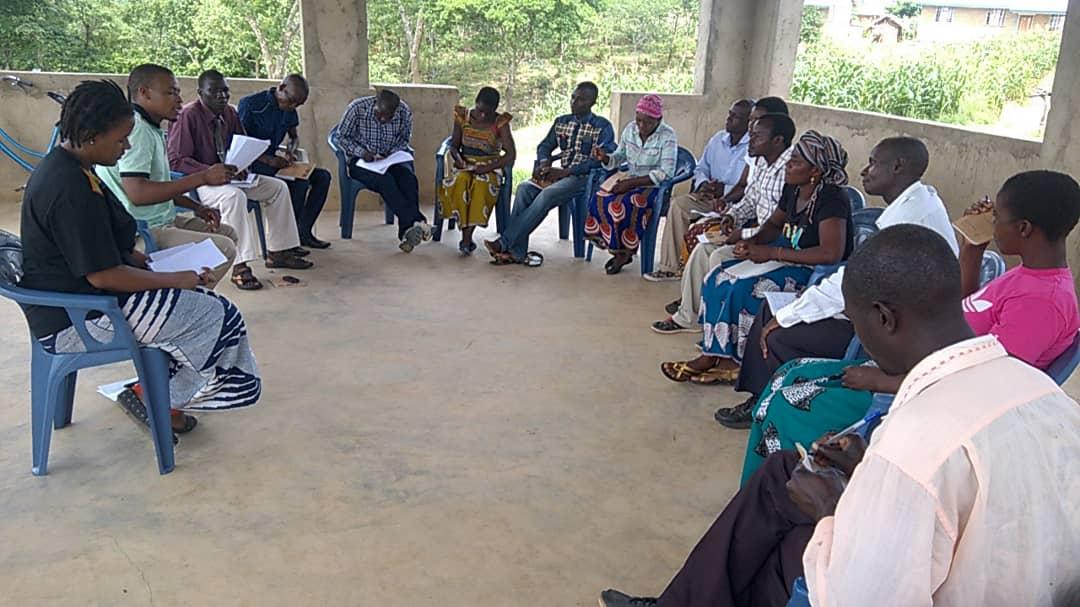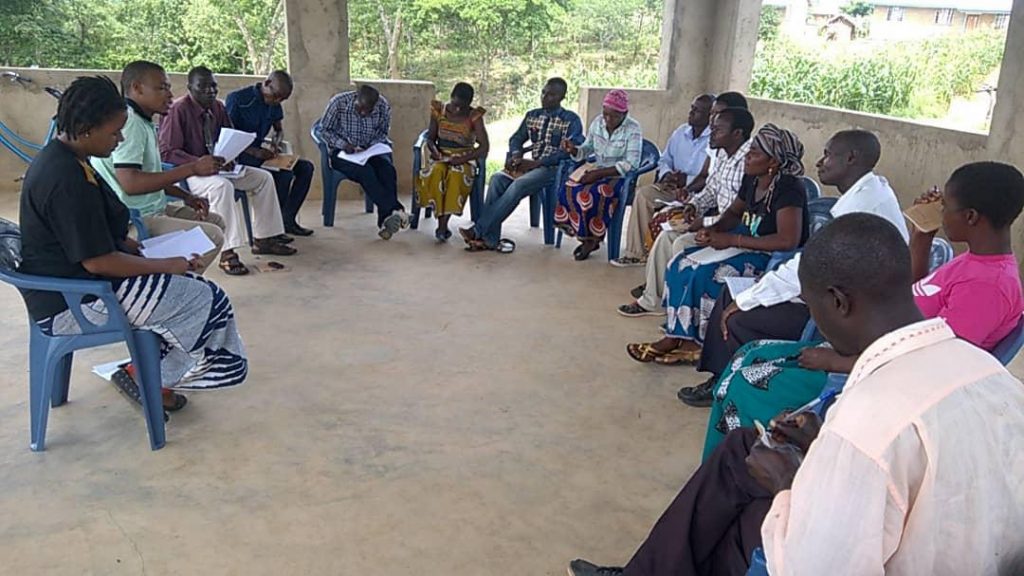
Justice and Peace Desk Set to Empower Communities in Extractive Governance
By Norbert Mzembe
Based on the fact that Karonga District is rich in natural resources like mineral deposits cannot be overemphasized, the Justice and Peace Desk of Catholic Diocese of Karonga is geared to implement a three year Proactive Extractive Project through information sharing across the district.

According to a CCJP officer, Vincent Bwinga, the background of the project is lack of transparency and accountability from the government in the generation, collection and expenditure of revenue from the extractive industries.
Bwinga further disclosed that lack of transparency and accountability on contracts and revenue collection from Extractive Industries (EI) through government machinery and companies failing to uphold human rights in their policy and practices highly affect the citizenry, particularly women and children.
He expressed that the project aims at building capacity of different stakeholders but also advocacy and lobbying through media engagement on the aforementioned issues and not necessarily to incite the communities to block government from implementing mining projects in the border district.
“Justice and Peace (JP) is not here to groom you to become a stumbling block to the side of government, but it has come to empower you to demand transparency and accountability from government in EI. Through the project, capacity of multi stakeholder groups including community members, will be built to take part in contract negotiations. The project will also develop advocacy and lobbying skills in different stakeholders like media and JP volunteers,” said Bwinga.
He then urged government to realize that Civil Society Organisations (CSOs) and community members are the agents of change; hence their human rights must be respected and protected regardless of age, race, gender and other factors.
Florence Ngosi, one of the residents surrounding Mwabulambo Coal Mining laments that the degradation of the land and pollution of water bodies in the area due to mining activities have exposed them to food insecurity and that their lives at risk of suffering from various diseases.
Ngosi attributes this to lack of transparency and accountability from government when issuing licenses to mining companies but also poor memorandum of understanding (MoU) that are made without the knowledge of community members.
The Justice and Peace is implementing this three year project with funding from the Department of Foreign Affairs and Trade (DFAT) through Oxfam Malawi. The project covers the following areas; Lupembe, Mpata, Boma and Kayerekela in the area of traditional authority (T/A) Kyungu and Ngerenge and Kaporo in T/A Kilupula. Centre for Environmental Policy Advocacy (CEPA) is implementing a similar project in Phalombe and will collaborate with the JP in some activities.
